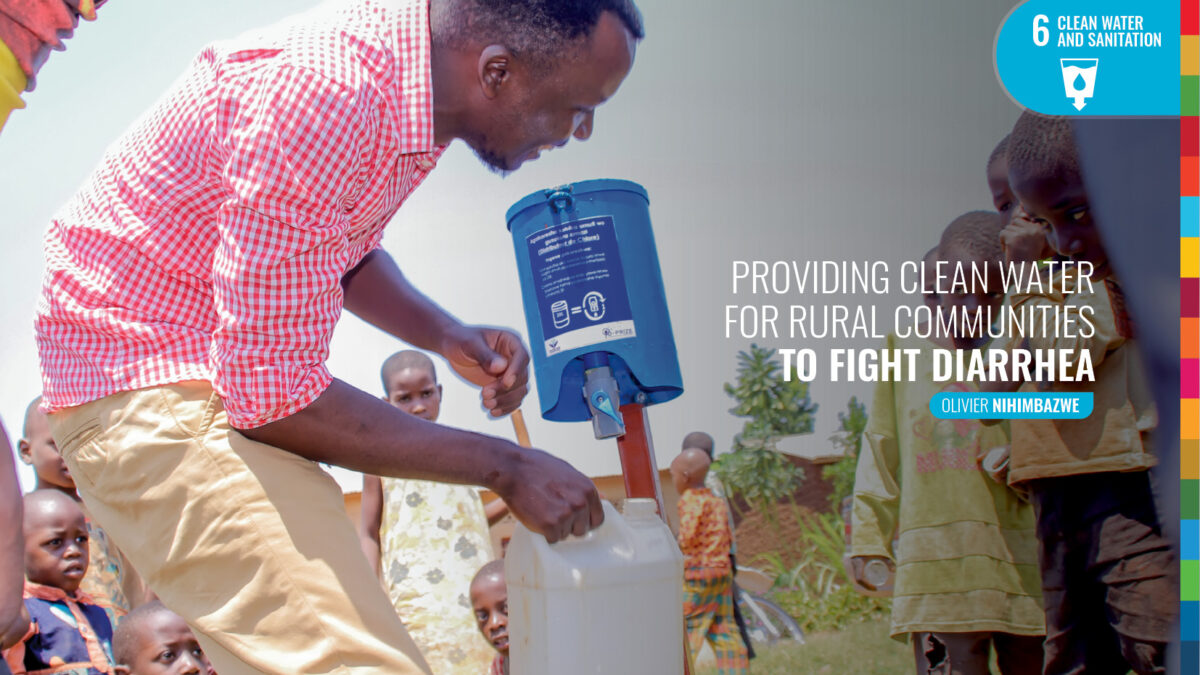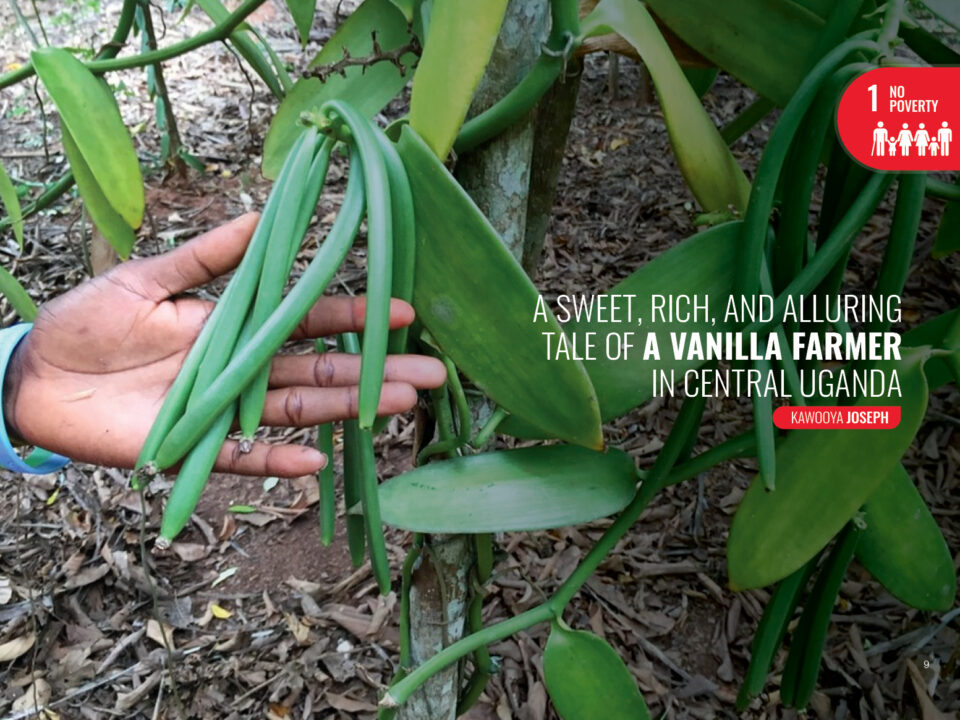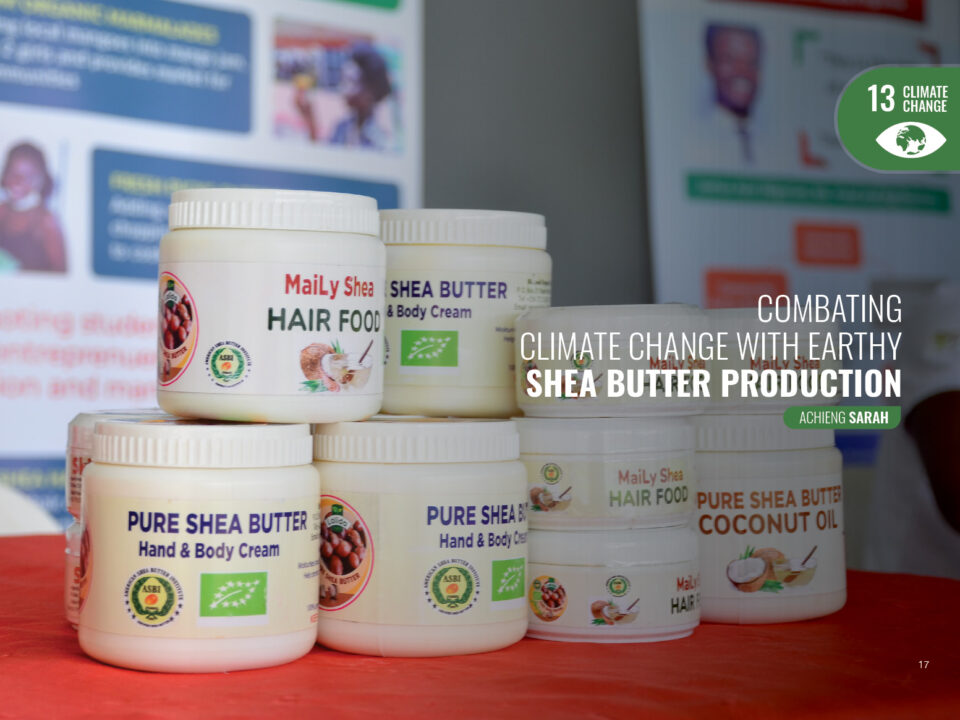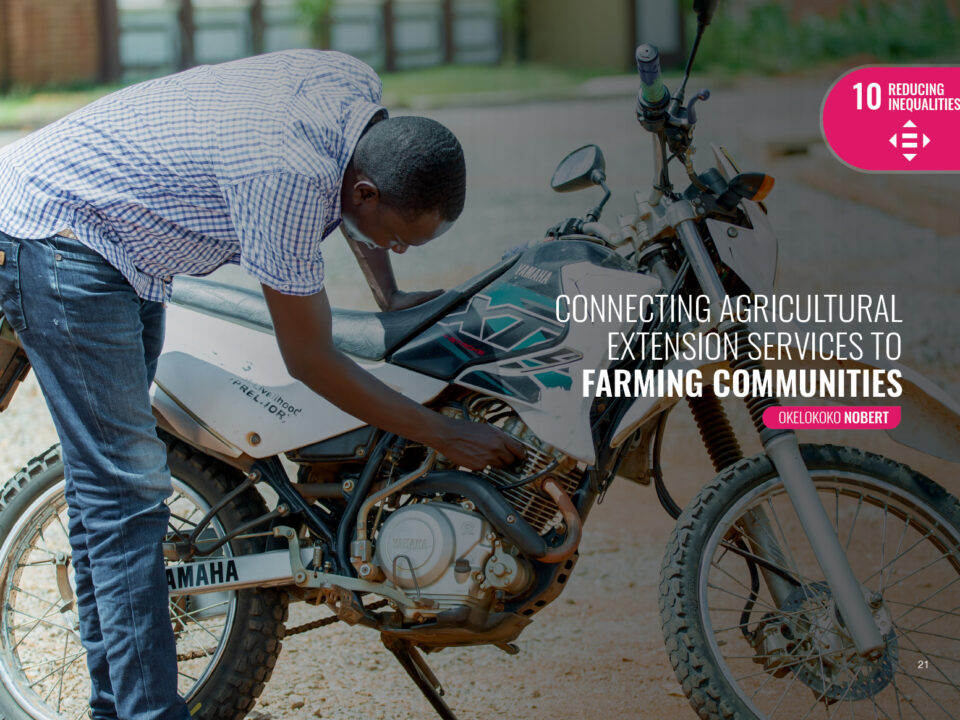Providing Clean Water for Rural Communities to fight diarrhea
In Burundi, Olivier Nihimbazwe is walking the walk. Olivier is a 28-year-old former Gulu University student who participated in the TAGDev project. He completed a Master’s degree in Food Security and Community Nutrition in 2021. During their orientation training at Egerton University in 2019, they were challenged to think of something that would benefit the community. This is where he got the idea for a humanitarian project in Burundi.
Reflecting on the challenges in his community, he considered the widespread child diarrhea in Northern Burundi, which affects at least 23% of children under the age of five. This predicament is largely due to the use of contaminated water in households.
Nihimbazwe designed the project during the COVID-19 lockdown because the university was closed. He also began the registration process, which was dubbed “Water for Development.”
Working virtually with colleagues in Burundi, he applied for the first grant under the E-prize global competition, and they won USD 16,000, allowing them to launch the project’s pilot phase. He recently signed a Memorandum of Understanding with the National Rural Water Supply and Sanitation Agency, which will see the project scaled out across the country.
This project allows people to treat water at the point of collection by using a chlorine dispenser, which they put drops in before collecting the water. They also supply chlorine to those with access to piped water systems. Over 4800 people have benefited from the project. He hopes to expand to other communes that require assistance.
They are also targeting schools to improve access to hygiene services. This will be accomplished by installing hand washing facilities for over 5600 students and staff, as well as providing chlorine for hand washing. Global Youth Mobilisation is funding this project.
Nihimbazwe is convinced that the project has so far had an impact on the communes because people can now treat their water, reducing the use of contaminated water. The organization is expanding, with more young people joining, and they have been working on another project titled “Local youth capacity building and engagement on climate action” since August 2022, which is funded by the Global Green Plants Forum.
Despite this, they have faced several difficulties. These included having to import chlorine from Kenya and Uganda, which had begun to jeopardize the project’s sustainability. As a result, they have taken steps to begin producing it locally by purchasing a chlorine-producing machine. It has also been difficult to register the organization and secure some partnerships for it.
Nihimbazwe hopes that the project’s impact will spread throughout Burundi in the coming years.
He observes that most entrepreneurs give up and seek formal employment, but he believes they should persevere and see that their dreams of social transformation come true. He also advises young people to have a clear goal in life.
These Stories are a result of the documentation from the RUFORUM and Mastercard Partnership under the TAGDEV Project, Gulu University: https://ruforum.wordpress.com/category/tagdev-project/.




